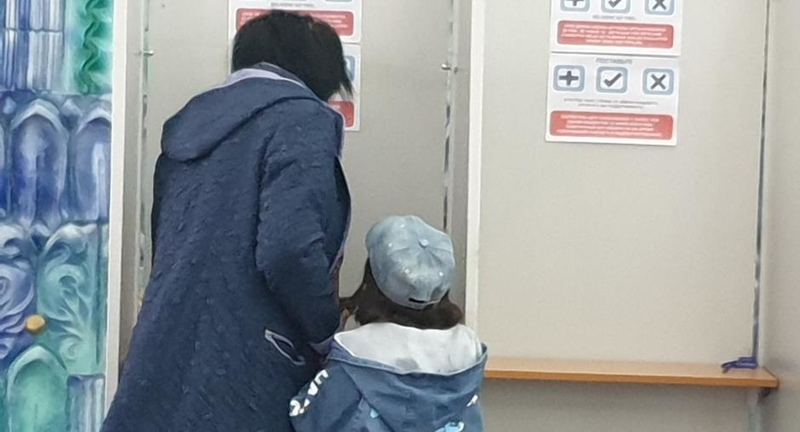
AKIPRESS.COM - Despite recent welcome reforms, the lack of genuine pluralism and meaningful engagement between candidates or with citizens meant that Uzbekistan’s presidential election was not truly competitive, while significant procedural irregularities were noted on election day, international observers said in a statement.
The joint observation mission from the OSCE Office for Democratic Institutions and Human Rights (ODIHR), the OSCE Parliamentary Assembly (OSCE PA), and the European Parliament (EP), acknowledged that the legal framework has been through extensive reforms in recent years, and many of the changes were in line with previous recommendations. Nonetheless, observers noted that election legislation still has a number of deficiencies and does not yet fully comply with international standards for democratic elections. While fundamental human rights and freedoms are guaranteed by the constitution, they continue to be restricted by other legislation and are frequently not implemented in practice.
“This election has shown that the democratic reforms of recent years must be carried forward to confirm what has already been achieved,” said Reinhold Lopatka, Special co-ordinator and leader of the short-term OSCE observer mission. “Full respect for basic freedoms and real competition among political forces, which were lacking here, will be essential to live up to the people’s democratic aspirations.”
Some 21 million voters were registered to cast their ballot in October 24 election. While election preparations were carried out professionally and efficiently, the voting process on election day was negatively assessed in a significant number of polling stations. While turnout was high at over 80 percent, there were numerous serious irregularities, with large numbers of voters added to the voter lists without proper safeguards, able to cast their ballots without identification documents or on behalf of others. Observers also noted indications of ballot box stuffing in multiple polling stations. Counting procedures were often not followed and polling stations had difficulties reconciling the results.
“The recent and ongoing reforms are an encouraging sign,” said Heidi Hautala, Head of the EP delegation. “But the exclusion of opposition parties and the lack of genuine competition, as well as the high number of irregularities we saw on election day, remain substantial obstacles in the path of the democratisation process.”
“My colleagues and I were overwhelmed by the warm welcome we received in polling stations yesterday across the country, and appreciate the efforts to ensure voting was open to all regardless of physical abilities or language. However, we noted a number of old problematic habits with procedures often not followed, especially during counting,” said Daniela De Ridder, Head of the OSCE PA delegation. “I hope that the high-level legal reforms we have noted will continue and impact all parts of society, strengthen the democratic political culture, and finally do away with these negative practices.”
Five candidates ran in the election, including the current president. Excessively strict requirements for the right to become a candidate, together with burdensome party registration rules, overly limit the right to stand and narrow the range of political options open to voters. One of the five candidates was a woman and despite constitutional guarantees of equality and a recent significant increase in the number of women parliamentarians, women remain underrepresented in public and political life.
The distinction between the president in his current role and as candidate was generally blurred, giving him an undue advantage. In addition, most private media outlets provided more coverage of the incumbent than of the other four contestants combined in their election reporting, with all monitored media also extensively covering the activities of the president.
Although reporting on local government and social issues has become more critical, particularly online, observers noted that criticism in the media of high-ranking public officials and candidates was almost completely absent. The restrictive legal framework for media, together with cases of pre-trial detention, intimidation and harassment of journalists and bloggers all contributed to self-censorship by many journalists, and further limited the amount of information and analysis available to the public.
“We have seen in the course of our long-term observation that progress is possible following the reforms, but there is a long way to go,” said Eoghan Murphy, head of the ODIHR election observation mission. “Despite recent improvements in the media environment and online, the space for citizens to freely and fully express their opinion remains controlled.”
The international election observation totalled 366 observers from 44 countries, composed of 255 ODIHR experts and long- and short-term observers, 99 parliamentarians and staff from the OSCE PA, and 12 from the EP.
